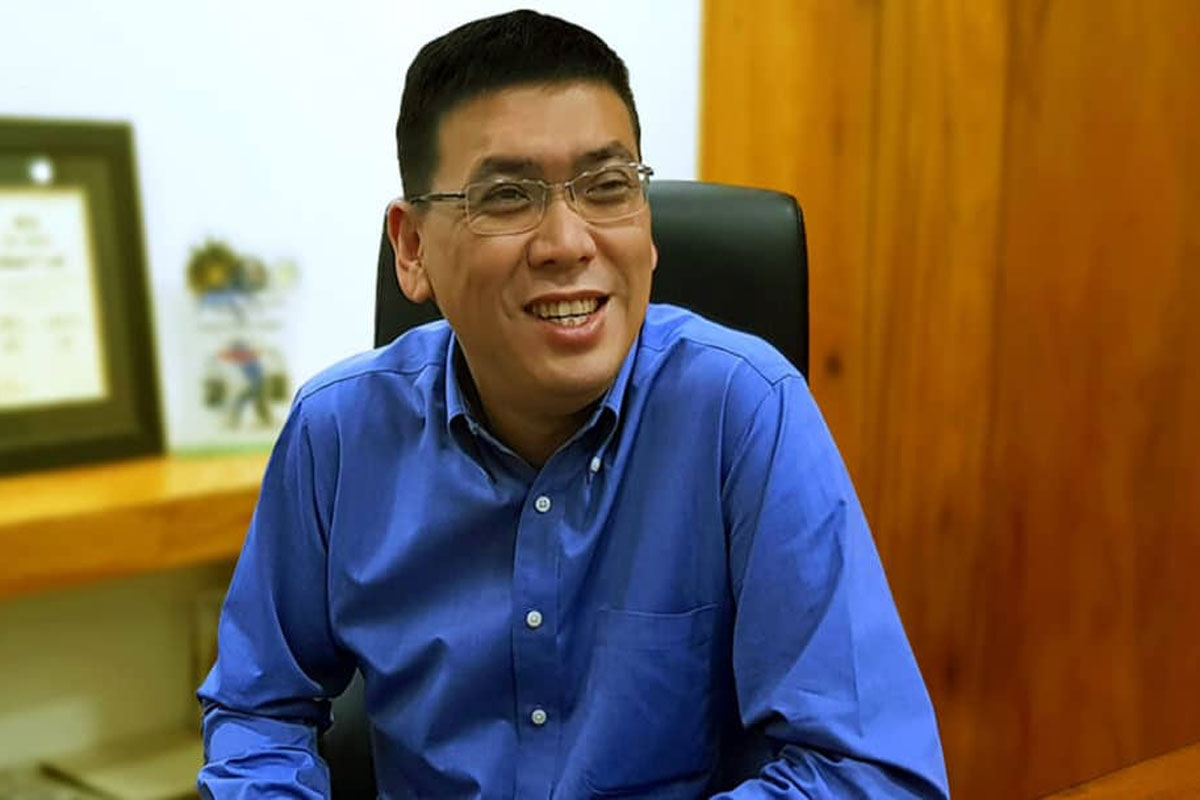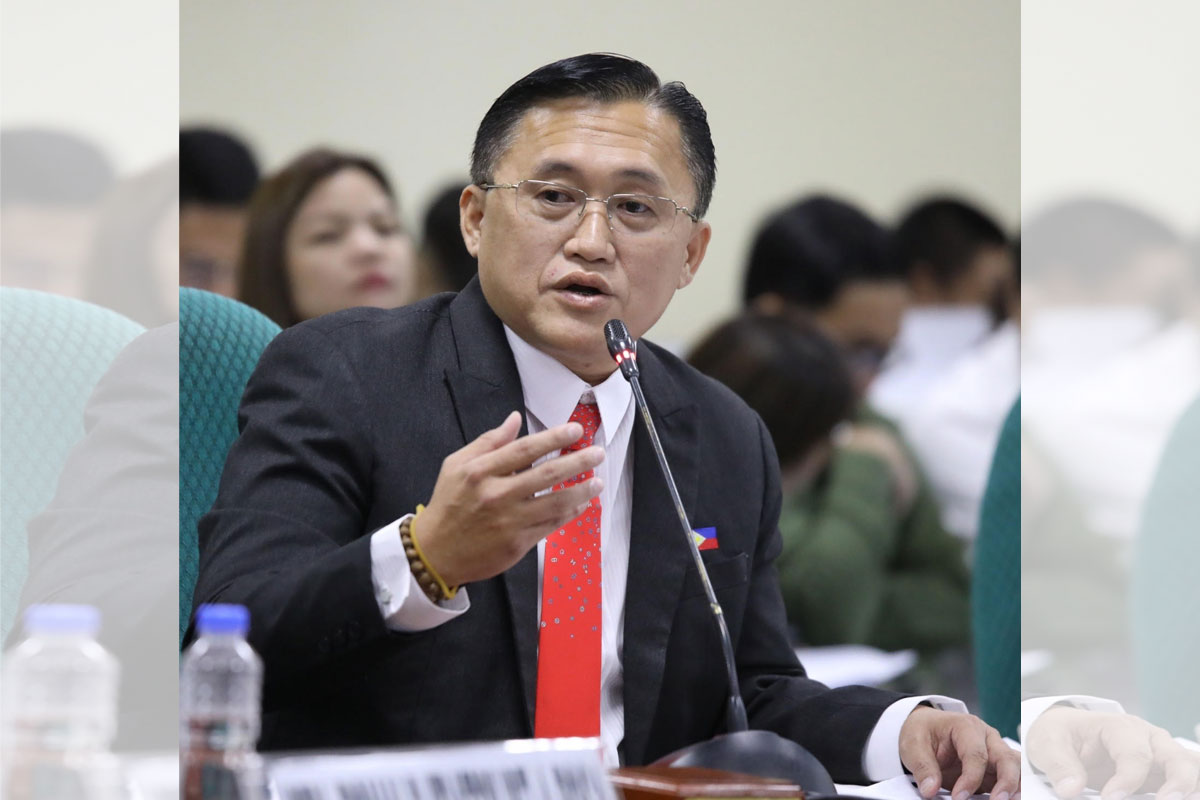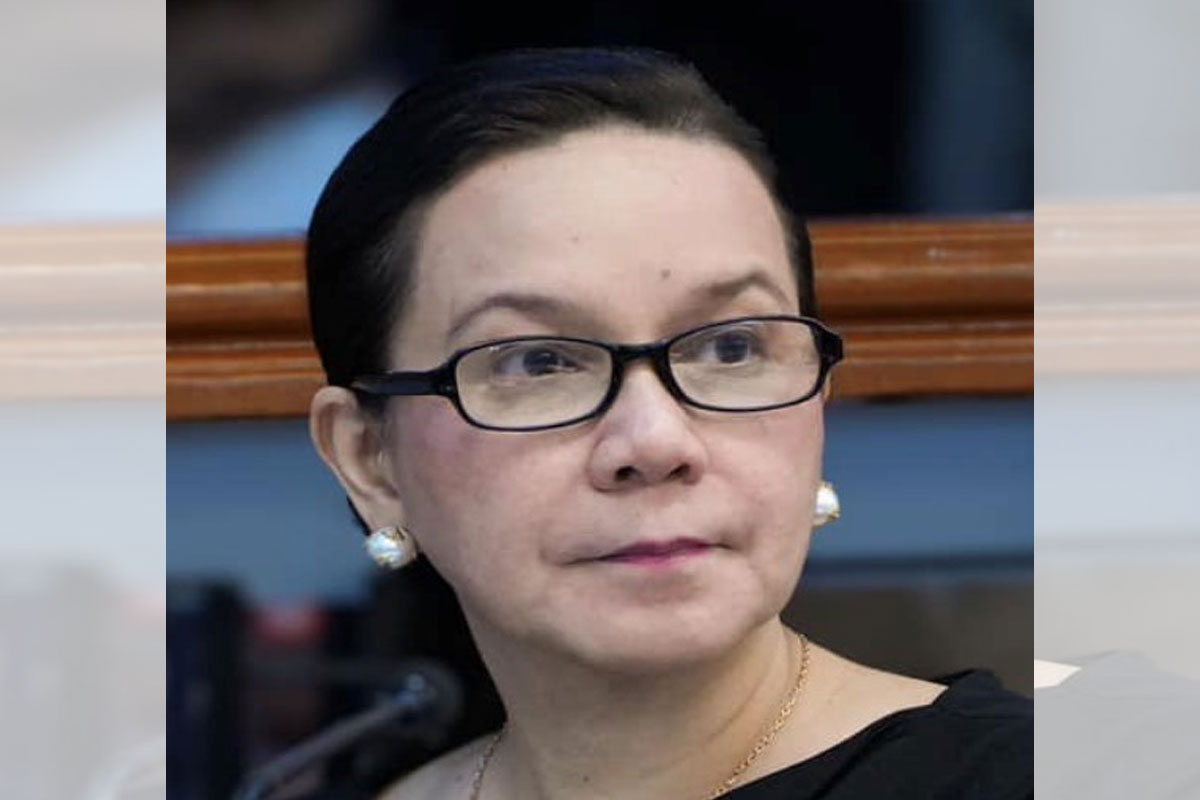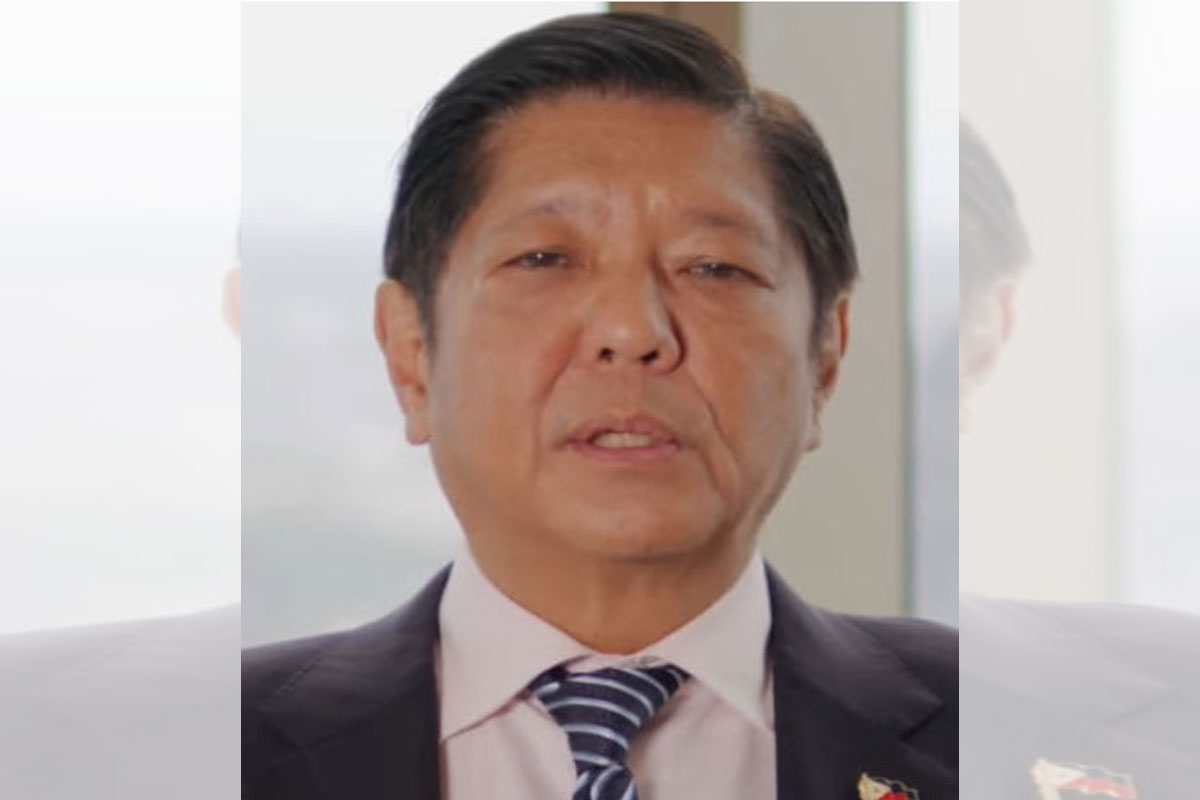
Direct power source for NAIA, airports proposed
A neophyte solon has proposed that the Ninoy Aquino International Airport (NAIA) and all airports in the country must establish direct connections to power plants to reduce power costs instead of relying on the service of a utility provider.
AGRI Party-list Representative Wilbert T. Lee said that directly connecting airports to power plants would be “a lot cheaper” for the government.
Lee made the proposal at the hearing of the House Committee on Transportation ongoing inquiry into the power shutdown incident that caused flight cancellations at NAIA on May 1.
“Hindi ba dapat tingnan natin na direct connection na lang lahat ang ating mga airports, kasi ang laki ng matitipid dito. If we’re talking 40% of P40 million per month electricity bill of NAIA Terminal 3, it’s about 16 million every month,” Lee said.
The lawmaker from Bicol said that the financial resources that can be saved by the government can be used for other public services that require urgent funding.
“Hindi po unlimited ang pera ng gobyerno. Ito po ay buwis na pinaghihirapan ng taumbayan na dapat ding bumalik sa kanila bilang benepisyo. Kaya dapat ma-consider ng gobyerno itong mungkahi natin na direct connection ng airports. Winner Tayo Lahat sa laki ng matitipid dito na puwede nating magamit sa iba pang social services,” he stressed.
On May 22, Lee filed House Resolution No. 1007 urging the Civil Aviation Authority of the Philippines (CAAP), the Manila International Airport Authority (MIAA), and the Manila Electric Company (Meralco) to engage and enter into a special service contract that takes into consideration the technical requirements of NAIA operations and maintenance, and ensure that the same is replicated in all airports and their respective energy suppliers across the country.
“NAIA terminals must not only be regarded as a regular business customer of Meralco but also be prioritized along with its technological needs and requirements given the highly particular technical requirements and maintenance through a ‘special service contract,'” Lee noted.























